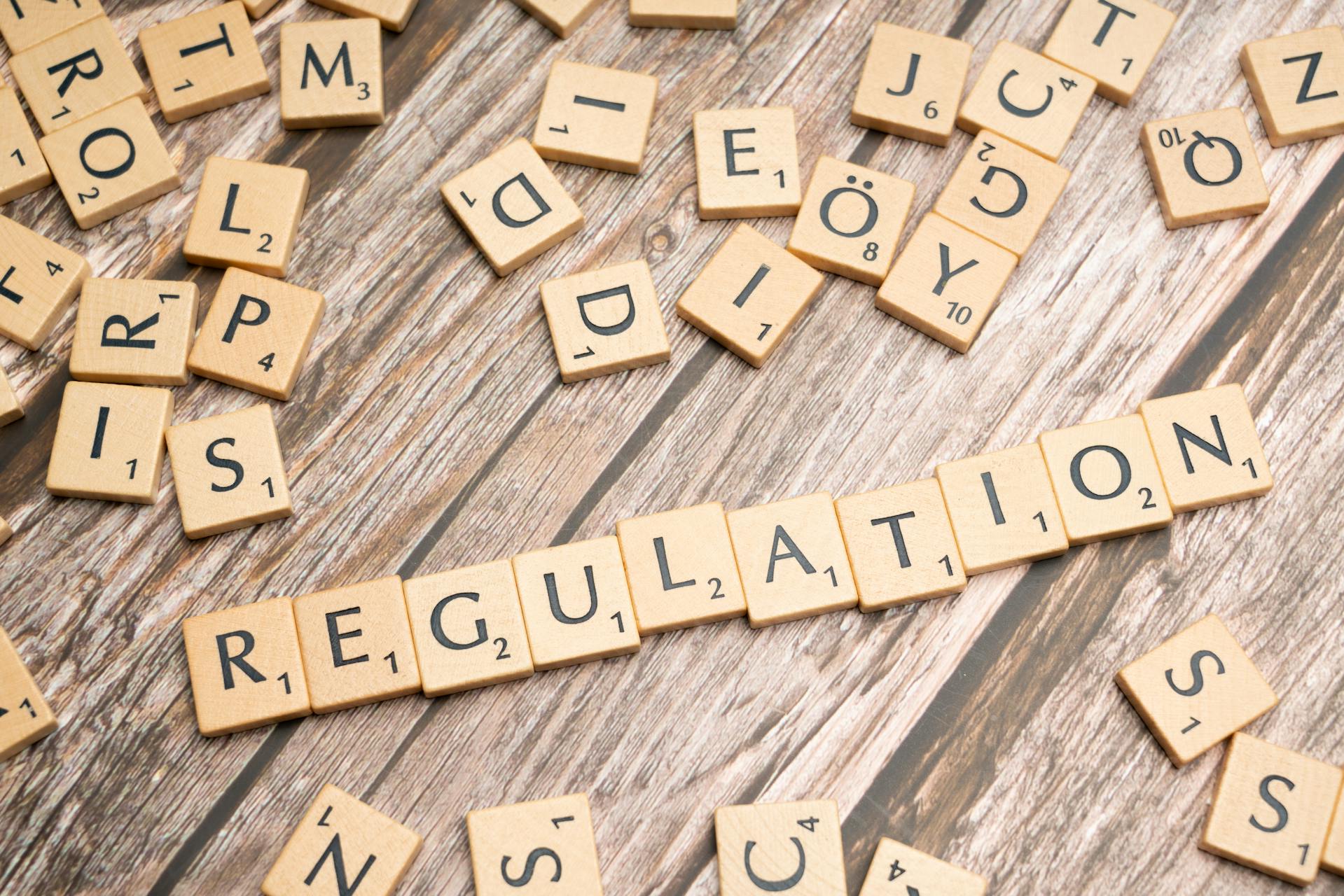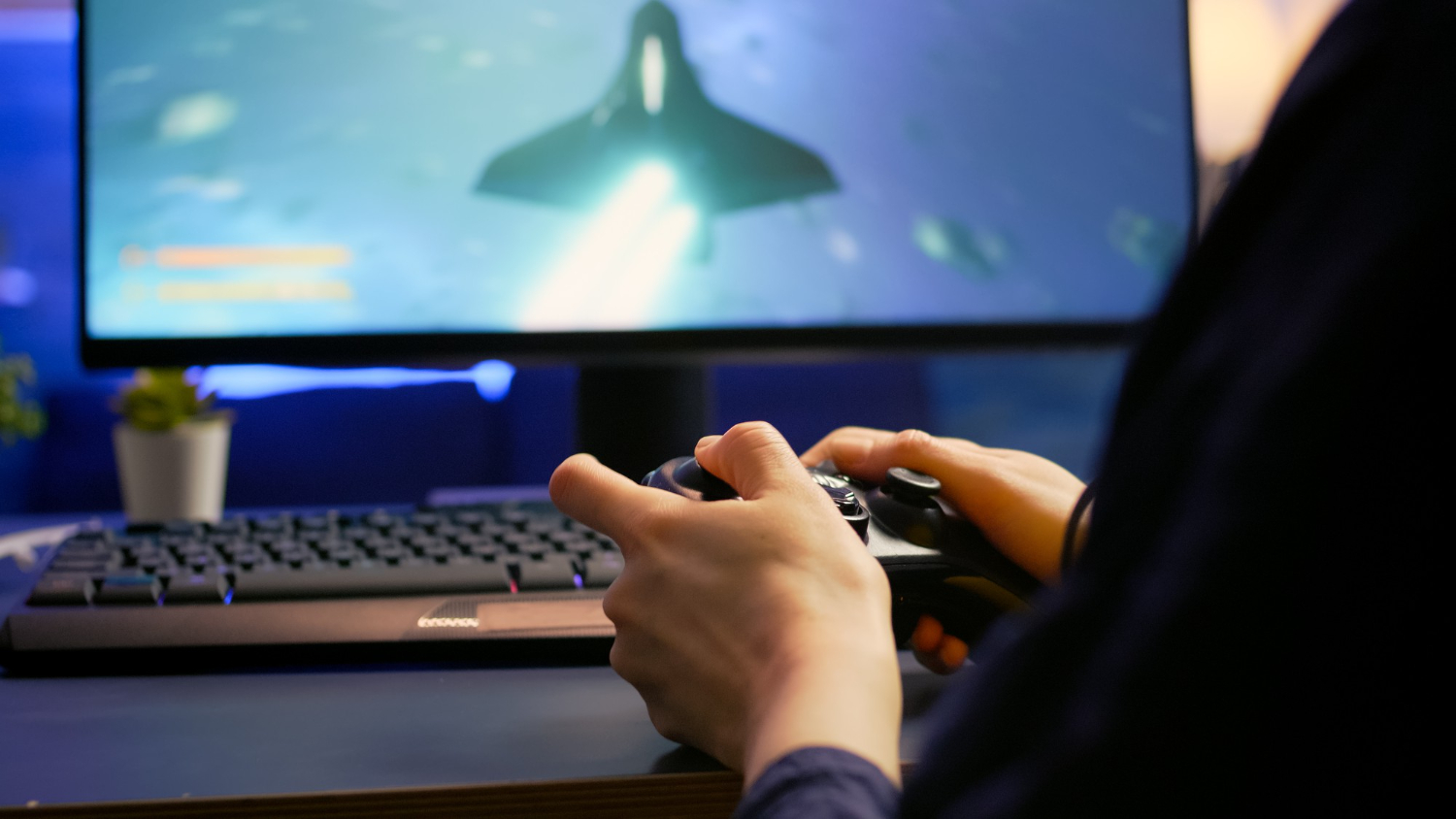
4 New Gaming Industry Regulations Impacting Indonesian Game Localization
The Indonesian government established several new gaming industry regulations in early 2024. Here comes Presidential Regulation No. 19 of 2024 concerning the Acceleration of Development of the National Games Industry, the law that was released 2 days before the general election on February 14, 2024. As a whole, these new regulations will be the most critical to the foreign game companies that are targeting Indonesian game localization projects. Furthermore, this law will also become a very significant problem for the local companies that wish to reach the top of the international markets.
So, what policy points need to be understood regarding gaming industry regulations in Indonesia? Keep reading this post!
A Glance at Presidential Regulation 19/2024
Basically, Presidential Regulation Number 19 of 2024 accommodates different programs and targets that accelerate the growth of the national gaming industry. The programs are grouped according to objectives for helping local industry players play in an independent, quality, cultural, competitive, creative, adaptive, and sustainable gaming industry.
In discussing the essence of this new gaming industry regulation, it should be noted that, before the issuance of a presidential decree, many parties were still skeptical of the local gaming industry’s potential and relatively unacquainted with the large business potential at hand.
Thus, it was then prescribed Presidential Decree 19/2024 to be led by Luhut Binsar Pandjaitan, the right-hand man of President Joko Widodo, as Coordinating Minister. New policies in Presidential Decree 19/2024 accelerate the games industry in Indonesia, with an eyed market value of US$2.5 billion, or IDR 36 trillion by the year 2025.
Although these policies mostly focus on measures to support the industry, such as skills training, assistance with technical patents and intellectual property, inclusive third-party payment regulations, revised tax regulations for gaming companies, marketing support, and the inclusion of games in educational curricula, it is important to remember that the implementation details of this program have not yet been concretely explained.
Read Also: Success in Game Localization: Strategies for Capturing New Markets and Players
Main Points of Presidential Regulation 19/2024
Even though it was just passed in February 2024, Presiden Regulation Number 19 of 2024 regarding the Acceleration of Development of the National Games Industry is believed to make a big difference in Indonesian game localization and development activities. Here are several key points you should be aware of:
1. Require Foreign and Local Game Publishers to Be Legal Entities in Indonesia

Chapter 5.1 of Presidential Regulation 19/2024 provides that game publishers, local and foreign, have to be in the form of a legal entity as a Limited Liability Company (known as PT in Bahasa) in Indonesia. This new regulation is aimed at getting rid of illegal and harmful practices committed by a few game publishers about personal data misuse, fraud, copyright theft, and unfair competition, as said by some officials.
A policy that would spur these events would also increase credibility and professionalism in game publishers—foreign and local—and spur the development of the local games industry, contributing to Indonesia's economic and creative growth. It said that if they did not comply with these rules, there would be a threat of Kominfo blocking the games operated by the company.
One example of a foreign publisher for gaming that has become an incorporated legal entity in Indonesia is Garena—a subsidiary of Sea Group Ltd., Singapore—which has been officially operating in this country for some 12 years now, as PT Garena Indonesia. In this way, the game they support, Free Fire, will be safe from the threat of being blocked.
However, in the details of this regulation, it is also stated that for game publishers who do not want to be an Indonesian legal entity, they can still partner with companies or entities in the country. So, will this regulation have an impact on Indonesian game localization activities? With this requirement, you, as a foreign game publisher who wants to enter the Indonesian market, are required to establish a legal entity in that country. This will result in increased investment and involvement with the local market.
In addition, the presence of a legal entity in Indonesia allows better control over the Indonesian game localization process, thereby ensuring that localized games are more in line with the culture and preferences of local gamers.
2. Game Classification Update
To implement the new game industry regulations in Indonesia regarding the Acceleration of the National Game Industry in Section 5.2, Kominfo has determined game classifications to strengthen the game industry ecosystem in this country.
This new rule will replace Minister of Communication and Information Regulation Number 11 of 2016 concerning the Classification of Electronic Interactive Games, which previously referred to Government Regulation Number 82 of 2012.
This game classification design material consists of at least six chapters:
- Chapter I includes general provisions containing definitions of various terminologies.
- Chapter II contains game classification, including the obligations of game publishers and game classification procedures, especially regarding content criteria and user age groups.
- Chapter III discusses game supervision mechanisms and the formation of game classification committees.
- Chapter IV highlights the role of the community, including their right to submit complaints regarding game classification results via online or offline channels.
- Chapter V regulates administrative sanctions, including written warnings, temporary blocking, and termination of access for publishers who violate them.
- Chapter VI contains transitional provisions, which explain the transition period for game publishers to apply for game classification according to the new rules.
3. Facilitate Intellectual Property and Protect Technical Patents
Another point in Presidential Regulation 19/2024 that has an impact on Indonesian game localization projects is facilitating intellectual property and protecting creative results. The programs in this regulation include the implementation of import substitution for intellectual property licensing, with the aim that 25% of national intellectual property or games used in activation activities and marketing campaigns are absorbed by ministries, institutions, BUMN, and the private sector.
Beforehand, you need to know that in 2022, Indonesian gamers will spend IDR 25 trillion ($1.58 billion) playing games, with the majority (99.5%) going to foreign game application providers. Meanwhile, only a small portion (0.5%) supports domestic gaming industry players (based on a report from the Ministry of Tourism and Creative Economy).
Therefore, by implementing this regulation, the government hopes to improve Indonesia's digital economy. This step is consistent with Government Regulation Number 24 of 2022, which is the implementation of Law Number 24 of 2019 concerning the Creative Economy.
In addition, this regulation supports the development of the game intellectual property and technical patent business ecosystem, with the target that game intellectual property is mature enough to be adapted into comics, films, animation, and merchandise.
These steps aim to expand market access, add value, and create new business models, revenue streams, and sustainability of the game's intellectual property, thereby strengthening the Indonesian game localization industry in the global market.
Read Also: Game Localization 2024: Trends, Challenges, and Opportunities in a Dynamic Industry
4. Integrating Game Software into Game Hardware Sold in Indonesia

To accelerate the growth of the national gaming hardware industry, the Minister of Industry is also mandated to draft new gaming industry regulations that integrate software aspects, especially games, into the calculation of local hardware components.
This step aims to ensure that games made in Indonesia can be uploaded first to hardware sold in the domestic market. This bill will consider the added value provided by local games as an integral part of the hardware. By including national games in local component calculations, hardware manufacturers will be more encouraged to partner with local game developers. This will not only increase sales of hardware equipped with local games but will also expand the reach and penetration of games made in Indonesia to a wider market.
Implementation of Administrative Sanctions
Implementation of Regulation 19/2024 also includes the application of significant administrative sanctions for certain violations. The Minister of Communication and Information has the authority to determine these sanctions, which include various violations such as not including the results of the Minister of Communication and Information classification of in-game descriptions, packaging, or advertisements.
The consequences could be in the form of a written warning, temporary suspension, or even termination of Indonesian users' access to the game. The sanctions imposed are similar to the actions of the Minister of Communication and Information in blocking unregistered electronic system operators.
In addition, the Minister of Communication and Information also has the right to terminate Indonesian users' access to games if the game publisher does not carry out its own assessment of the game before advertising it, advertises the game without classification, or fails to reclassify the game at the request of the Minister of Communication and Information.
Regulation 19/2024 also allows administrative sanctions to be imposed on game publishers who fail to register as private electronic system operators or Private Scope PSEs.
Key Takeaways
Therefore, based on the above explanation, it could be concluded that the availability of Presidential Decree 19/2024 and new gaming industry regulations to be issued by Trade would be vital milestones in further reforming the national gaming industry of Indonesia.
It looks to do this by limiting challenges, encouraging collaboration, and providing a clear regulatory framework to spur further growth and innovation in Indonesia's game localization industry before strengthening Indonesia's position in the global games market. Even though these intentions are good, there are potential bureaucratic obstacles that need to be watched out for so as not to hamper the progress of domestic industry.
Other challenges include budgeting issues, piracy, and the involvement of international benchmarks. While over 174 million Indonesians are active gamers, the potential for serious investments in setting up a thriving game industry is huge. Industry players thus hope there will not be any undue red tape as the government adjusts the rules to ensure local developers get a bigger share of revenues.